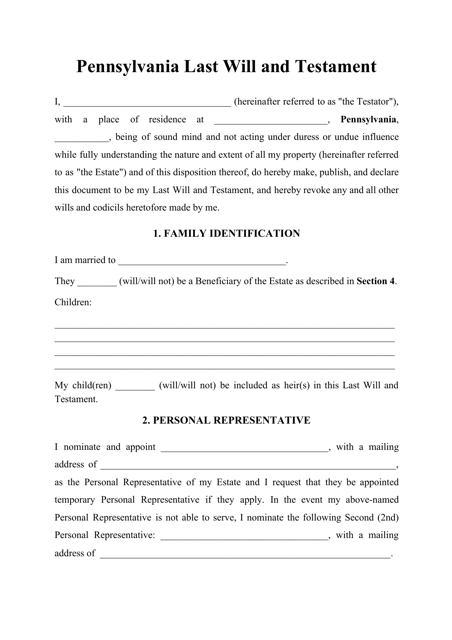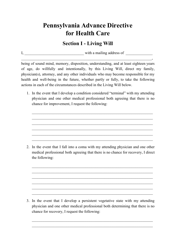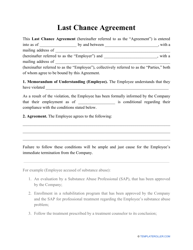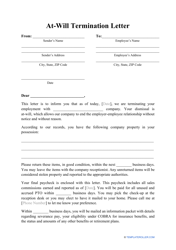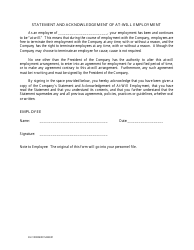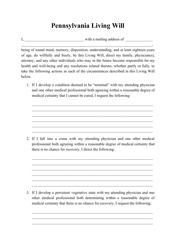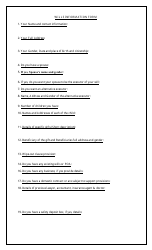Last Will and Testament Template - Pennsylvania
A Pennsylvania Last Will and Testament is a legal document written in order to set forth how an individual wishes their property to be distributed upon their death. It is also the document used for naming a guardian for any minor children or dependants the individual may have.
Certain Pennsylvania-specific formalities must be followed when creating a Last Will or making changes to an existing one. If these are not observed one of two things can happen:
- When an individual dies without leaving a legal will their property and assets pass to their heirs according to the Pennsylvania intestacy law.
- The estate may pass to the individual's beneficiaries under the terms of a prior will if it exists, can be located, and considered valid.
Pennsylvania's Title 20 (Decedents, Estates, and Fiduciaries) states the following: If the Testator is unable to sign his/her name, leaving any kind of mark as a substitute will suffice. Whether it's a signature or a mark, there must be two (2) witnesses to attest to the Testator and sign the document themselves in the Testator's presence.
Click on this link to download a ready-made template or create your own document with our online form builder.
What Is a Last Will and Testament in Pennsylvania?
A Last Will and Testament is a legal document through which an individual is permitted - within the formalities prescribed by law - to control the distribution of their assets and estate. There are three parties to any will:
- A Testator - a person who dies leaving a will in force.
- An Executor - a person tasked with carrying out the Testator's wishes according to their will.
- A Beneficiary - a person, organization or community selected to receive the assets of the Testator.
How to Write a Last Will and Testament in Pennsylvania?
A Last Will and Testament in Pennsylvania is usually made up of instructions regarding:
- Burial requests;
- Debts and expenses;
- Personal property;
- Cash, bank accounts, investments;
- Digital assets.
Not all assets the Testator owns can be distributed according to their will. The only property the Testator may bequeath is solely-owned property titled at their name at the time of death. Any property owned by the Testator's spouse or partner will also not be affected by the provisions of a will.
